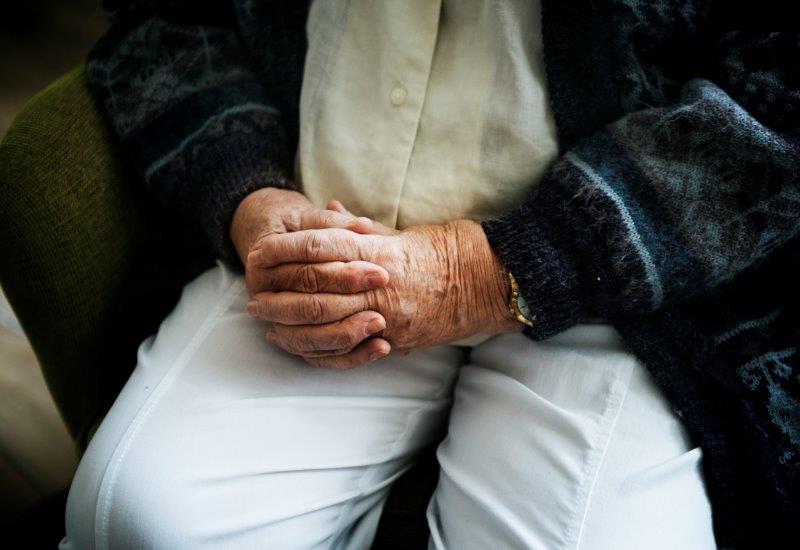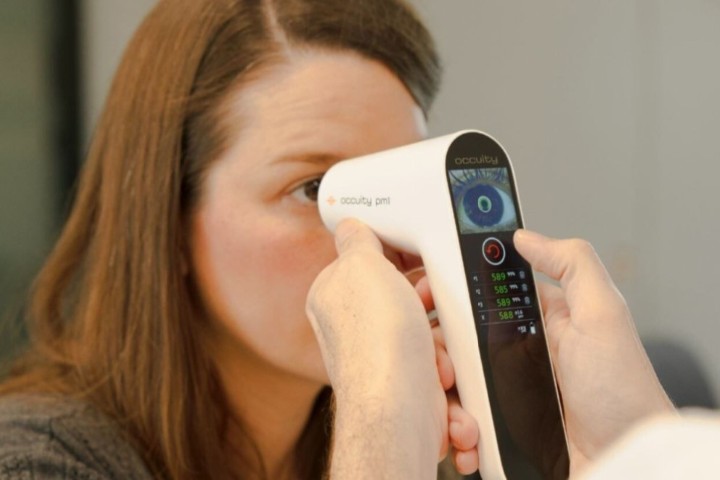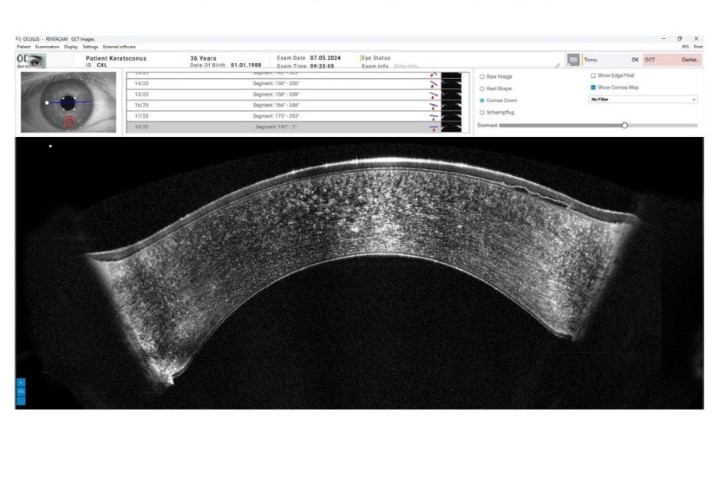Study finds loneliness increases glaucoma risk
A UK population-based, prospective, cohort study found loneliness and social isolation are associated with a higher risk of glaucoma.
Using UK Biobank data, researchers found loneliness increased the risk of glaucoma by 16% while isolation increased the risk by 8%. This association was found independent of age, sex, race, socioeconomic status, lifestyle factors and history of hypertension, hypercholesterolemia and diabetes.
Discussing their findings, authors noted loneliness and social isolation may increase stress levels and therefore impact health through biological changes such as increasing inflammation and cortisol secretion. “These changes may lead to elevated intraocular pressure and accelerated death of retinal ganglion cells, promoting the onset of glaucoma,” they wrote, adding socially isolated individuals may also struggle to access healthcare and thereby experience delayed diagnosis and treatment.
“Our findings underscore the necessity of positive mental and social network intervention for individuals at high risk of glaucoma,” they concluded, suggesting further research is required to clarify the effects of loneliness and social isolation on specific subtypes of glaucoma.
The UK Biobank survey included 373,330 individuals, aged between 40 and 69 years, who were not diagnosed with glaucoma at recruitment.


























